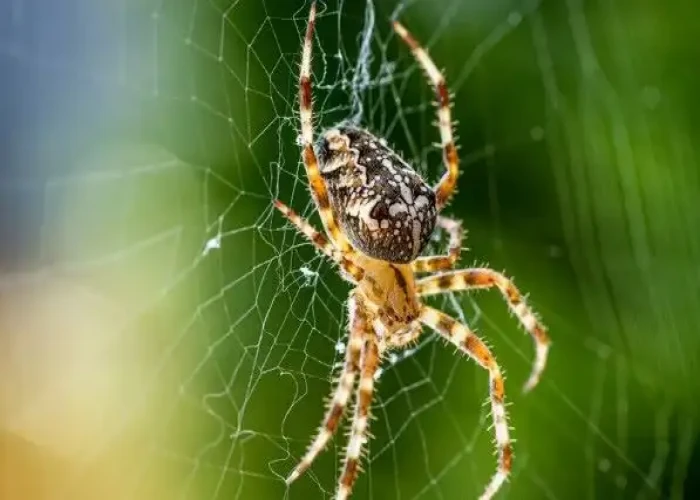 Welcome
Welcome
“May all be happy, may all be healed, may all be at peace and may no one ever suffer."
Spider bites
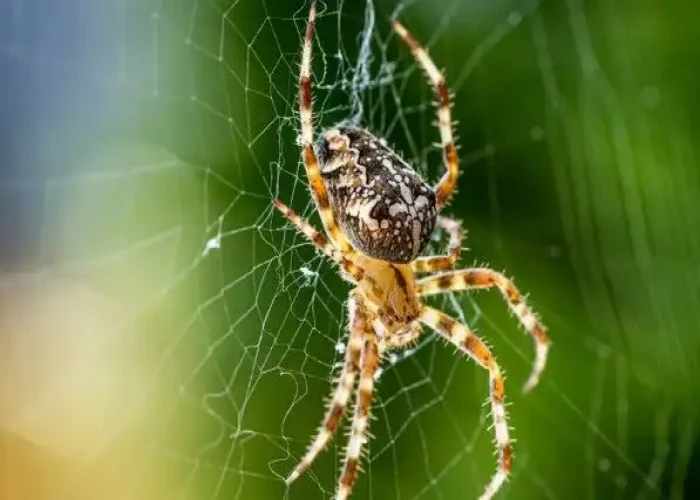
Spider bites can be a common occurrence, but in most cases, they are harmless and do not require medical attention. However, some species of spiders can deliver venom that can cause a range of symptoms from mild to severe. In rare cases, spider bites can be life-threatening.
The most common spiders that bite humans in North America are brown recluse spiders and black widow spiders. Brown recluse spider bites can cause a range of symptoms, including pain, itching, redness, and blistering around the bite site. In some cases, the bite can lead to tissue damage and necrosis, or death of the surrounding tissue. Black widow spider bites can cause muscle cramps, spasms, and pain, as well as other symptoms such as nausea, sweating, and difficulty breathing.
If you suspect that you have been bitten by a spider, it is important to clean the bite area with soap and water and apply a cold compress to reduce swelling and pain. You should also monitor the bite site for any changes in appearance or symptoms.
In cases where the spider bite is causing significant pain or other symptoms, or if you suspect that you may have been bitten by a poisonous spider, it is important to seek medical attention. Your doctor may recommend pain relief medications or other treatments to help manage symptoms, or in some cases, antivenom may be necessary.
To prevent spider bites, it is important to take precautions such as wearing protective clothing when working outside, shaking out clothing and shoes before putting them on, and keeping your home free of clutter and debris that can attract spiders. If you live in an area where dangerous spiders are common, it may be advisable to seek professional pest control services.
Research Papers
Disease Signs and Symptoms
- Abdomen pain
- Chest pain
- Red skin
- Swollen skin
- Nausea or vomiting
- Excessive sweat
- Fever
Disease Causes
Spider bites
Severe spider bite symptoms occur as a result of the venom that the spider injects. Symptom severity depends on the type of spider, the amount of venom injected and how sensitive your body is to the venom.
Disease Prevents
Spider bites
Spiders usually bite only in defense, when being trapped between your skin and another object.
To prevent spider bites:
- Learn what dangerous spiders look like and their preferred habitats.
- Wear a long-sleeved shirt, hat, long pants tucked into socks, gloves and boots when handling stored boxes or firewood and when cleaning out sheds, garages, basements, attics and crawl spaces.
- Inspect and shake out gardening gloves, boots and clothing before use.
- Use insect repellents, such as DEET. Carefully follow directions on the package.
- Keep insects and spiders out of the house by installing tightfitting screens on windows and doors, sealing cracks where spiders can come in, and using safe indoor insecticides.
- Reduce debris or remove piles of rocks or lumber from the area around your home and avoid storing firewood against the walls of your home.
- Make sure beds aren't pushed against the wall and that only the legs of the bed touch the floor. Don't store items under the bed and don't let bedding drag on the floor.
- Remove spiders and spiderwebs from your home.
- If a spider is on your skin, flick it off with your finger rather than crushing it against your skin.
- When cleaning tarantula enclosures, wear gloves, a surgical mask and eye protection.
Disease Treatments
Most spider bites usually heal on their own in about a week. A bite from a recluse spider takes longer to heal and sometimes leaves a scar.
First-aid treatment for spider bites includes the following steps:
- Clean the wound with mild soap and water. Apply an antibiotic ointment three times a day to help prevent infection.
- Apply a cool compress over the bite for 15 minutes each hour. Use a clean cloth dampened with water or filled with ice. This helps reduce pain and swelling.
- If possible, elevate the affected area.
- Take an over-the-counter pain reliever as needed.
- If the affected area is itchy, an antihistamine, such as diphenhydramine (Benadryl) or certirizine (Zyrtec), might help.
- Observe the bite for signs of worsening or infection. You might need antibiotics if the bite develops into an open wound or becomes infected.
For pain and muscle spasms, your doctor might prescribe pain medicine, muscle relaxants or both. You might also need a tetanus shot.
Black widow antivenom
If a black widow bite is causing severe pain or life-threatening symptoms, your doctor might recommend antivenom, which is usually given through a vein (intravenously). Symptoms usually ease within about 30 minutes of receiving the antivenom. Antivenom can cause serious allergic reactions, so it must be used with caution.
Disease Diagnoses
Disease Allopathic Generics
Disease Ayurvedic Generics
Disease Homeopathic Generics
Disease yoga
Spider bites and Learn More about Diseases

Bundle branch block
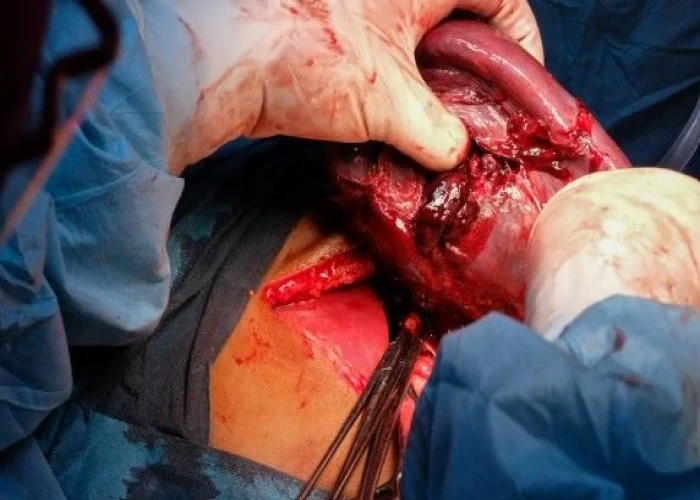
Ruptured spleen

Brugada syndrome

Coarctation of the aorta
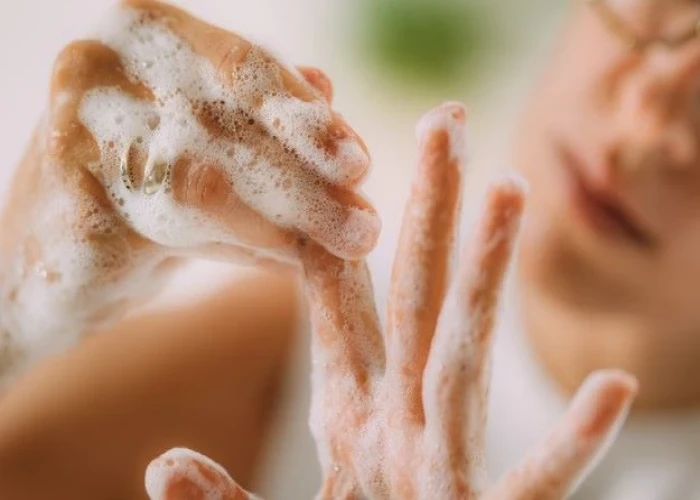
Obsessive-compulsive disorder (OCD)
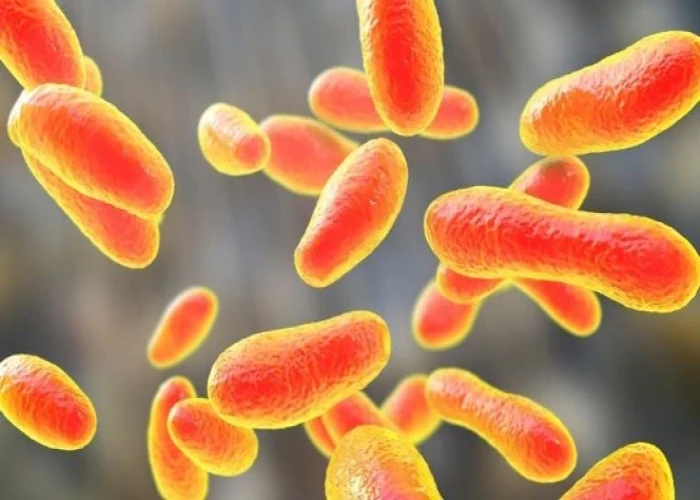
Q fever
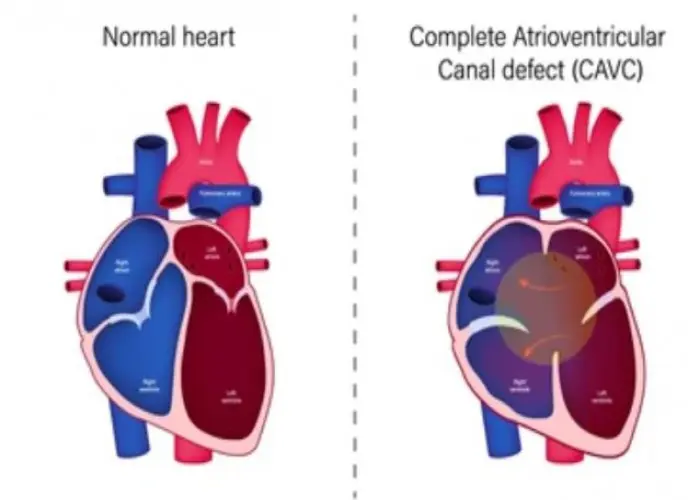
Atrioventricular canal defect
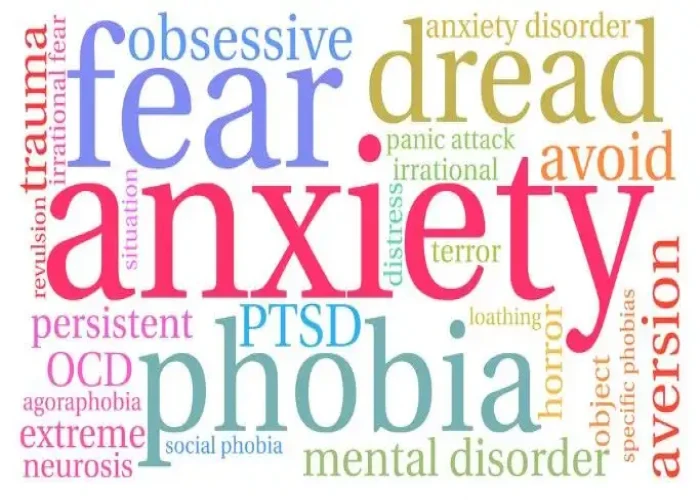
Specific phobias
spider bites, মাকড়সার কামড়
To be happy, beautiful, healthy, wealthy, hale and long-lived stay with DM3S.
